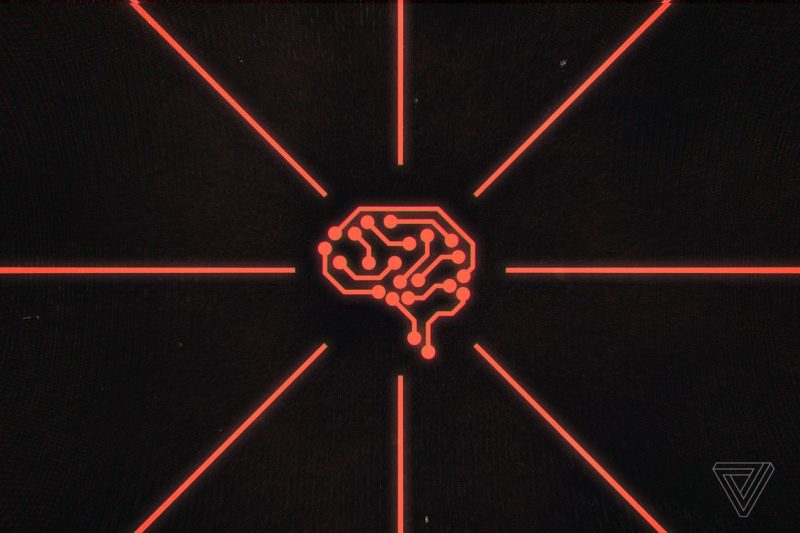In an age of rapidly advancing technology, companies are leveraging Artificial Intelligence (AI) to boost their growth and profits. However, issues with copyright law have become a major hurdle in the advancement of AI, as many companies are unwilling to pay for the usage of copyrighted content.
As AI is a major component of modern technology, companies are increasingly using it to create products such as apps, streaming services, and video games. However, to create these products, companies must make use of copyrighted images, music, and videos. It’s perfectly normal for companies to want to pay a fee for using copyrighted content, however, some AI companies are refusing to do so.
This has raised a lot of concerns, since a company that chooses not to pay for copyrighted content could effectively be stealing from an artist or content creator. Refusing to pay damages the market by decreasing the value of art and content, and deprecates the work of content creators.
There have been many arguments for and against the idea of companies paying for content. Some have argued that paying for content is necessary to protect art and encourage creativity, while others contend that it’s unfair to require companies to pay for something that they are unable to make use of as per the terms of the copyright law.
In any case, AI companies have made it clear that they are against the idea of paying for content. They consider this to be an unnecessary hindrance to their growth and profits, and have argued that there are other means of acquiring relevant content without crossing any legal boundaries.
Ultimately, it is up to the content creator or artist to decide whether they want to allow companies to make use of their work. If companies are unwilling to pay for content, then it is ultimately up to the artist or creator to decide whether to allow them to use it for free. This will ultimately benefit both parties, as artists and creators will be able to maintain control over their content, and companies will be able to harness the potential of AI without running into legal issues.

